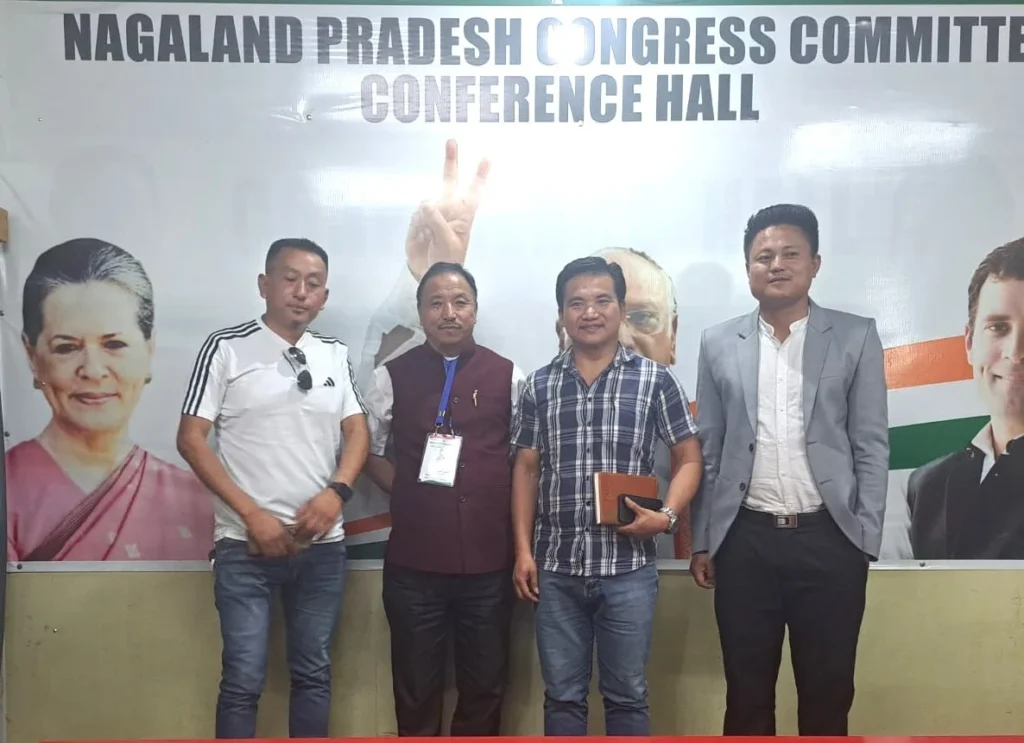several former leaders from the Bharatiya Janata Party (BJP) and the Nationalist Democratic Progressive Party (NDPP) in Nagaland have decided to join the Indian National Congress party. The move comes amidst shifting political dynamics in the state and signals a potential realignment of political forces ahead of the upcoming elections.
The decision to switch allegiance to the Congress party was announced by the former BJP and NDPP leaders during a public gathering in Nagaland. Among those who joined the Congress party are prominent political figures and grassroots leaders who have previously played key roles within the BJP and NDPP.
The defection of these leaders to the Congress party is seen as a significant boost for the opposition party in Nagaland. It not only strengthens the Congress’s presence in the state but also underscores the growing disenchantment among certain sections of the political establishment with the ruling coalition.
The former BJP and NDPP leaders cited various reasons for their decision to join the Congress party, including dissatisfaction with the performance of the current government, ideological differences, and a desire for greater inclusivity and representation within the political landscape of Nagaland.
The move is also expected to have broader implications for the political landscape of Nagaland, potentially reshaping alliances and power dynamics in the run-up to the state elections. It could potentially alter the balance of power within the state legislature and impact the outcome of future electoral contests.
The Congress party has welcomed the former BJP and NDPP leaders with open arms, expressing confidence that their experience, leadership, and grassroots connect will strengthen the party’s base in Nagaland. The party has reiterated its commitment to addressing the aspirations and concerns of the people of Nagaland and working towards inclusive development and progress for all sections of society.
Meanwhile, the ruling coalition in Nagaland, comprising the BJP and the NDPP, has downplayed the significance of the defections, stating that they do not pose a threat to the stability of the government. However, political analysts are closely monitoring the situation, anticipating further developments and potential repercussions in the coming months.
The defection of former BJP and NDPP leaders to the Congress party marks a significant development in Nagaland’s political landscape, with far-reaching implications for the state’s political future. As the state gears up for elections, the realignment of political forces and the emergence of new alliances are likely to shape the trajectory of Nagaland’s politics in the days to come.

